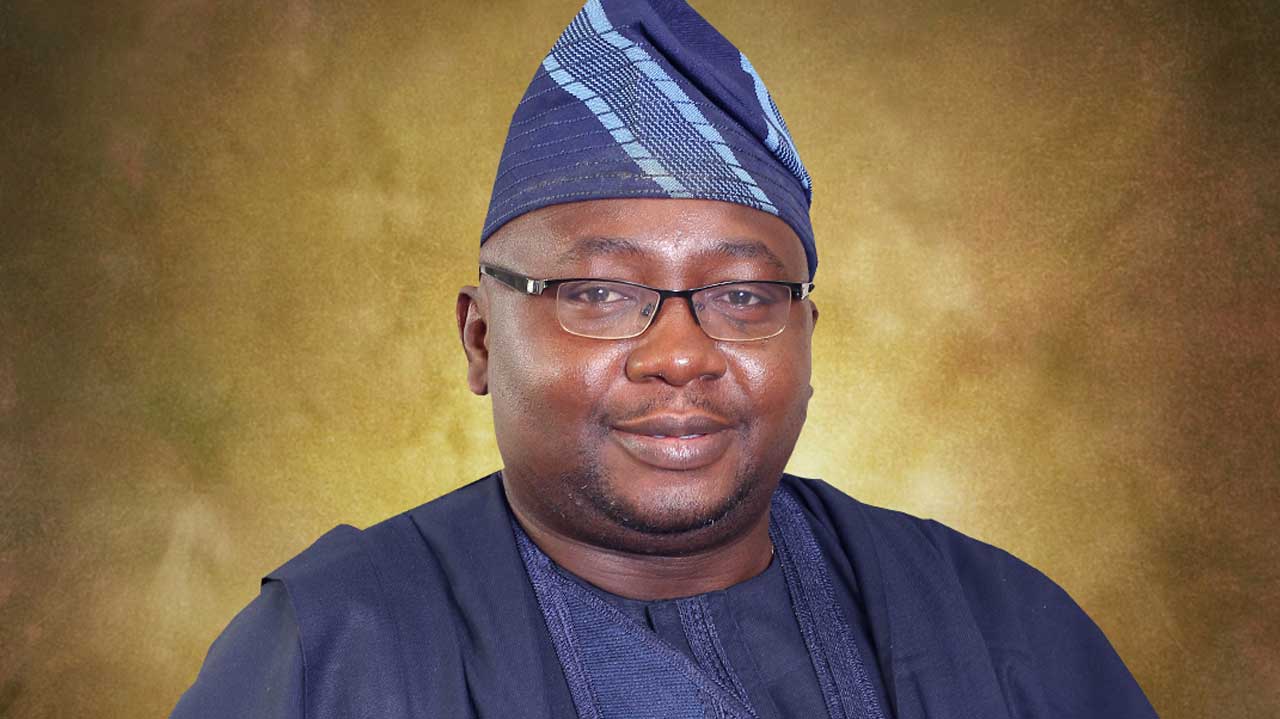Two months after his inauguration, Nigeria’s power sector is still in limbo as operators await policy orders from Minister of Power, Adebayo Adelabu.
As the country struggles with a 4,500mw capacity, which is ten years old, Adelabu announced in September that the Government aims to add 20,000 megawatts of electricity.
Stakeholders had mixed reactions to the goal; some saw it as achievable, while others saw it as a political statement.
In the meantime, has learned that the Minister has not yet developed a plan to promote the addition of 20,000 kilowatts to the country’s electrical grid.
Adelabu, however, has not failed to reassure Nigerians that the government of President Bola Ahmed Tinubu will provide sufficient and reliable energy.
On day two of the three-day Nigerian Electricity Supply Industry (NESI) Market Participants & Stakeholders Roundtable (NMPSR), he made similar promises to the audience.
While political rhetoric is important, analysts suggest that clear policy documents are needed to solve the enduring issues plaguing Nigeria’s generation, transmission, and distribution value chain.
The power distribution businesses are having trouble staying afloat because to low remittance and the metering gap, while the generator companies are having trouble keeping the grid up and running due to inadequate investment and transmission.
Over 200 million people are trying to get by on 4,500 to 5,000 megawatts of electricity each day, and the country has been struggling with this for years.
Unresolved issues in the Nigerian electricity industry have become a recurring roadblock to the country’s economic development.
Experts have suggested that, in light of the current difficulties in the power industry, the Government should benefit from releasing a concise policy blueprint to guide its plan’s efficient implementation.
Kunle Olubiyo, in an interview with said that a comprehensive assessment of Nigeria’s power industry was necessary because of the country’s overall failure.
The moratorium on new licensees and the Performance Agreement will expire on November 1, 2023, giving the government a chance to reorganize the industry, he said.
To examine the power industry, the government should convene a meeting of all relevant parties. He continued, “The electricity industry has failed in every way; the review will bring all actors to the table to discuss why.
Energy expert Joseph Eleojo has made similar claims, saying that the Minister’s projected target reveals his ignorance of the difficulties facing the country’s electricity sector.
The Minister of Power’s plan to increase energy capacity by merely 20,000 MW betrays his inexperience with the issue at hand. Is the Minister seriously aiming for only 20,000mw to serve 200 million people?
To create only 20,000mw by 2026 seems like a waste of time. It’s absurd and betrays the Minister’s ignorance of the electricity industry.
Using Nigeria’s abundant solar and water resources to create power is a quick remedy. Since the new Electricity Act empowers local governments to create, transmit, and distribute electricity within their jurisdictions, these governments should get direct funding and assistance from knowledgeable solar and mini-hydro consultants and equipment manufacturers.
Practical, realistic, and effective models for rural electrification can be found in South America, Southeast Asia, and other regions. I hope that the President and his team, even at this early stage of his presidency, would recognize the critical importance of electricity.
A former managing director in Nigeria’s power sector, who asked to remain anonymous, added that clear methods are required for effective policy execution.
What plans are in place to reach the 20,000mw goal by 2026 before you make a policy statement? What factors inside this time frame will propel this goal? How much of this capacity is being supplied by gas, hydro, or the sun, and what is the plan for getting there?
If the Minister doesn’t outline a plan for how he plans to accomplish this, it’s just empty rhetoric.
When you consider that the country has been struggling with a generation capacity of only 4,500mw for decades, the Minister’s stated goal of 20,000mw in three years seems even more ambitious.
A plan or strategy for reaching the goal at hand is required. Meanwhile, a reliable electricity system is essential in Nigeria. Obtainable if appropriate measures are taken to realize the objective.
A “concrete plan and strategy to deliver power to the people” is what the administration should have, he said.
